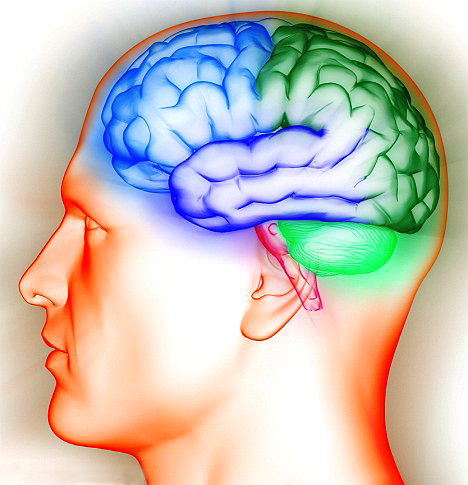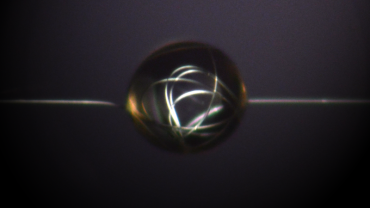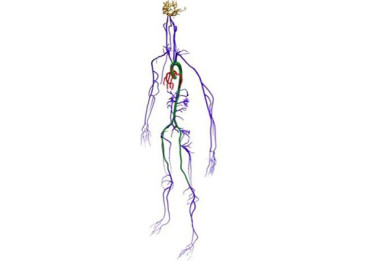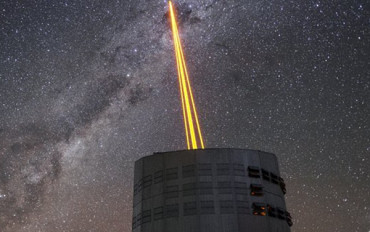Using electrodes implanted in the temporal lobes of seven awake epilepsy patients, University of Washington scientists have decoded brain signals (representing images) at nearly the speed of perception for the first time* — enabling the scientists to predict in real time which images of faces and houses the patients were viewing and when, and with better than 95 percent accuracy. The research, in open-access PLOS Computational Biology, may lead to an effective way to help locked-in patients (who were paralyzed or have had a stroke) communicate, the scientists suggest.
Scientists decode brain signals





